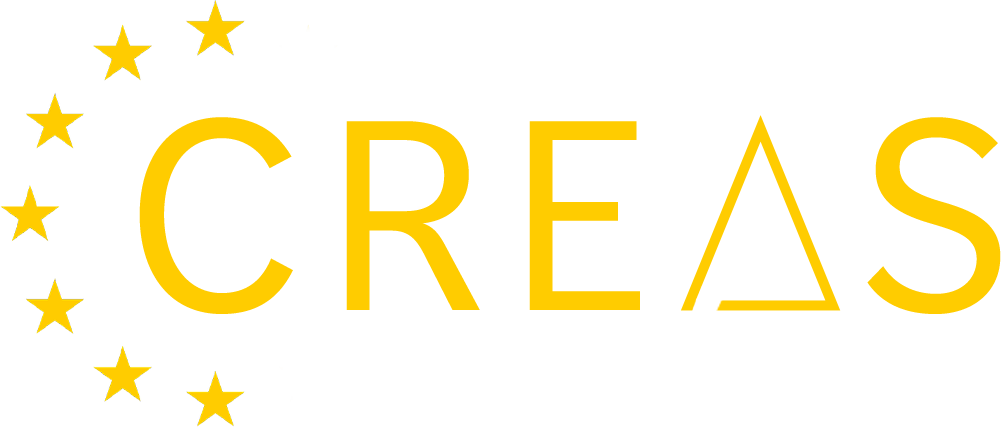By Jennifer Pietsch
A Moment for Reset
On 19 May 2025, the European Union and the United Kingdom opened exploratory talks to reshape their relationship after Brexit. Beyond trade, agriculture or fisheries, these discussions also touch on education and research. A possible UK return to Erasmus+ and Horizon Europe would reopen pathways of exchange and collaboration that have long underpinned Europe’s knowledge community. [1]
Pressures on Academic Freedom
Academic freedom, however, is under pressure on both sides of the Channel. In the UK, new guidelines from the Office for Students underline that lawful speech must be protected on campus, even when it may be disturbing or controversial. Recent debates, including cases such as Kathleen Stock and Steven Greer, illustrate how fragile this protection can be in practice. [2]
Within the EU, reports point to political interference and inconsistent protections. The European Parliament’s Academic Freedom Monitor notes declines in several member states, while the Council of Europe highlights government attempts to shape or restrict university autonomy. [3]
CREAS’ Call for Conditional Cooperation
For CREAS, genuine cooperation between the EU and UK can only be built on a shared commitment to academic freedom. This means placing clear conditions on future mobility or research programmes: the protection of lawful expression, respect for student organisations of all kinds, and non-discrimination based on academic viewpoint. [4]
Our Proposals
In one of our latest motions, we call for:
- Safeguards for academic freedom in all agreements, covering free expression, student association rights and equal treatment.
- A joint EU–UK monitoring body with student participation to report violations, track compliance and publish regular reviews.
- A reaffirmation of institutional neutrality as the foundation of higher education in democratic societies.[5]
Looking Ahead
By setting clear standards, CREAS argues that academic cooperation can remain both open and principled. Mobility should not come at the cost of integrity. Instead, it must strengthen a knowledge community where European and British students and researchers can meet freely, challenge ideas and build trust.
[1] https://apnews.com/article/britain-students-free-speech-guidelines-9df46d8ed3d621f9e83c93f4346e1cb8, https://www.europarl.europa.eu/RegData/etudes/BRIE/2025/765776/EPRS_BRI(2025)765776_EN.pdf. AP NewsEuropäisches Parlament
[2] https://apnews.com/article/britain-students-free-speech-guidelines-9df46d8ed3d621f9e83c93f4346e1cb8
[3] https://www.europarl.europa.eu/RegData/etudes/BRIE/2025/765776/EPRS_BRI(2025)765776_EN.pdf
https://www.coe.int/en/web/education/-/political-interference-in-academic-freedom
[4] https://www.thetimes.com/uk/education/article/universities-told-to-cut-ties-with-countries-blocking-free-speech-bvfbpwbzk
[5] Council of Europe: https://www.coe.int/en/web/education/-/political-interference-in-academic-freedom
